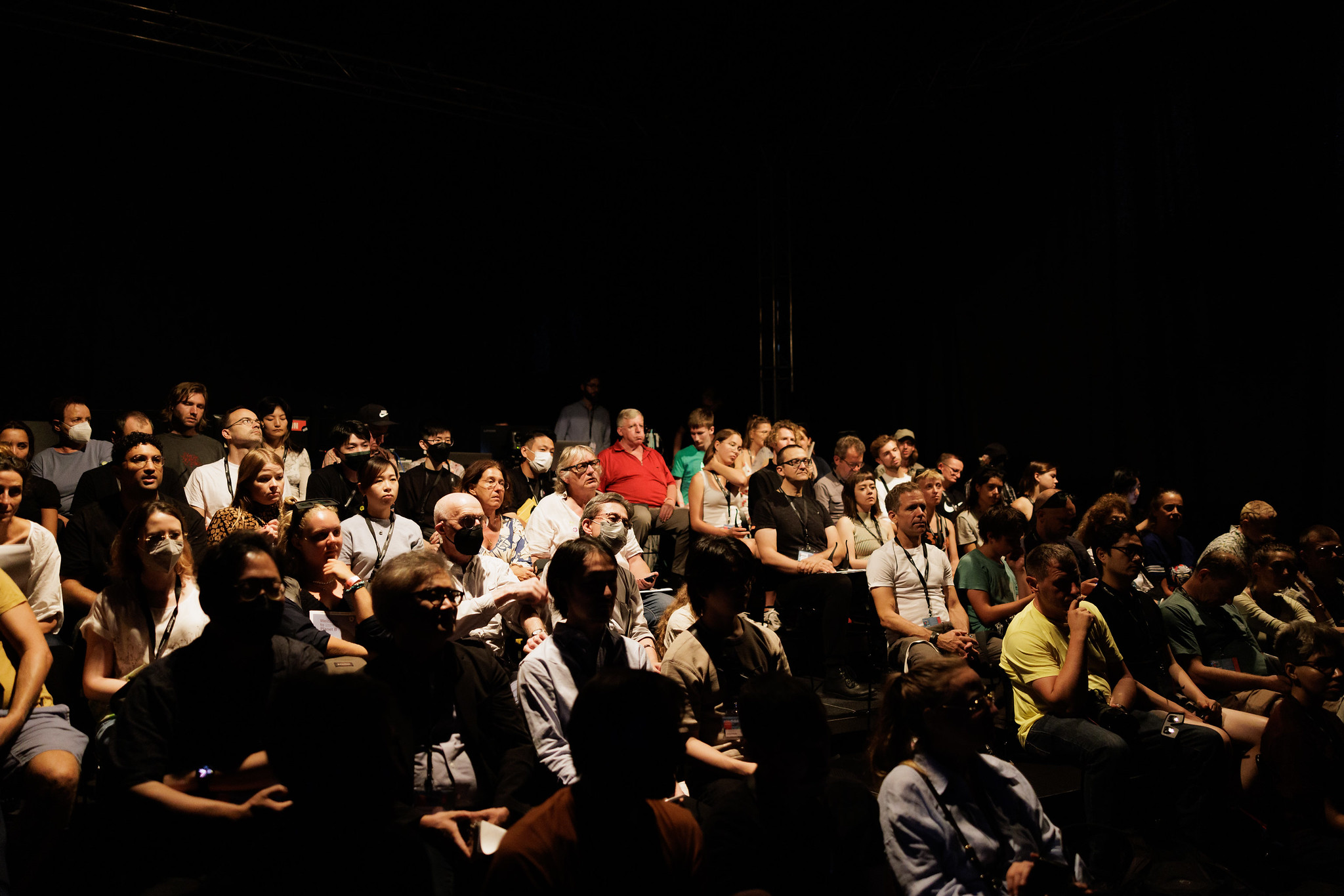

ACuTe – Culture Testbeds for Interactivity, Performance and Technology
ACuTe is a trend-setting, large-scale innovation project that aims to revolutionize the way theatre and performing arts are produced and performed with the help of emerging technologies while also establishing new forms of cultural collaboration and competence development.
Speaking to Platform Europe’s commitment to the digital transformation of the cultural and creative sectors, the project creates ‘culture testbeds’ in the performance arts – incubation programmes testing tangible prototypes that reimagine how we tell stories (new dramaturgies), how we produce stories (stage design) and how audiences interact and engage with them (audience engagement).
Alongside 14 leading theatres, universities, and arts organizations, Ars Electronica is involved in developing the incubation programme. Our extensive network is activated to create capacity-building and knowledge transfer opportunities for professionals and showcase cutting-edge productions and performances at the Ars Electronica Festival, as well as other theatre events and festivals around Europe.
#ACuTe
- The Emperor of Atlantis (Concert, Ars Electronica Festival 2025)
- Big Concert Night (Concert, Ars Electronica Festival 2025)
- Staged Realities (Conference, Ars Electronica Festival 2025)
- The Trial Against Humanity (Performance, Ars Electronica Festival 2025)
- White Hunger (Performance, Ars Electronica Festival 2025)
- The Oracle: Ritual for the Future (Performance, Ars Electronica Festival 2025)
- Parallels (Linz) (Installation, Ars Electronica Festival 2025)
- Theater & Digital Media (Town Hall Meeting, Ars Electronica Festival 2025)
- AI Toolbox (Workshop, Ars Electronica Festival 2025)
- Big Concert Night (Concert, Ars Electronica Festival 2024)
- Fake it till you make it (Performance, Ars Electronica Festival 2023)
- Digital Theatre — Democratization of a Medium (Panel Discussion, Ars Electronica Festival 2022)
Duration: 1 July 2022 – 30 June 2026
Partners (Consortium): Oulu University of Applied Sciences (coordinator), Ars Electronica, European Theatre Convention (ETC), Centro Azkuna de Ocio y Cultura, Estonian Academy of Arts, Academy for Theatre and Digitality Dortmund, Stichting Saxion, Grazer Schauspielhaus, Slovensko narodno gledališče Nova Gorica, Det Norske Teatret, De Toonelmakerij, Teatrul National Marin Sorescu Craiova, Theatre de Liège

ACuTe is co-funded by the Creative Europe programme of the European Union under grant agreement 101055953. Views and opinions expressed on this page are those of the author(s) only and do not necessarily reflect those of the European Union or the European Education and Culture Executive Agency (EACEA). Neither the European Union nor the European Education and Culture Executive Agency (EACEA) can be held responsible for them.